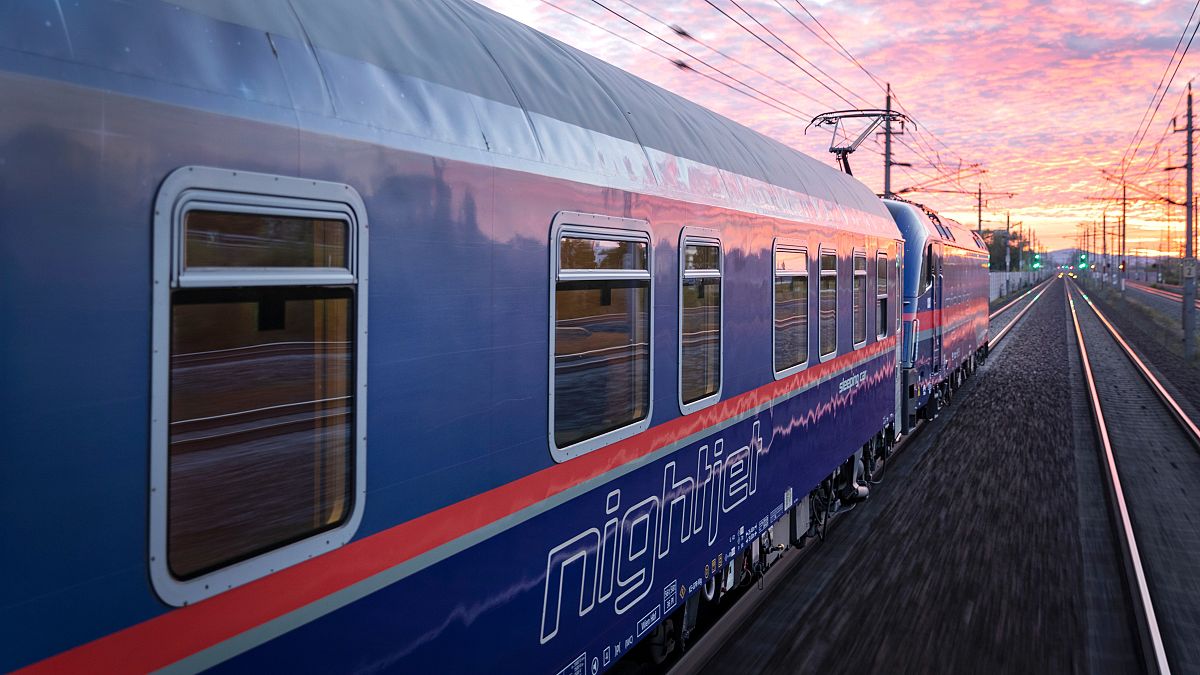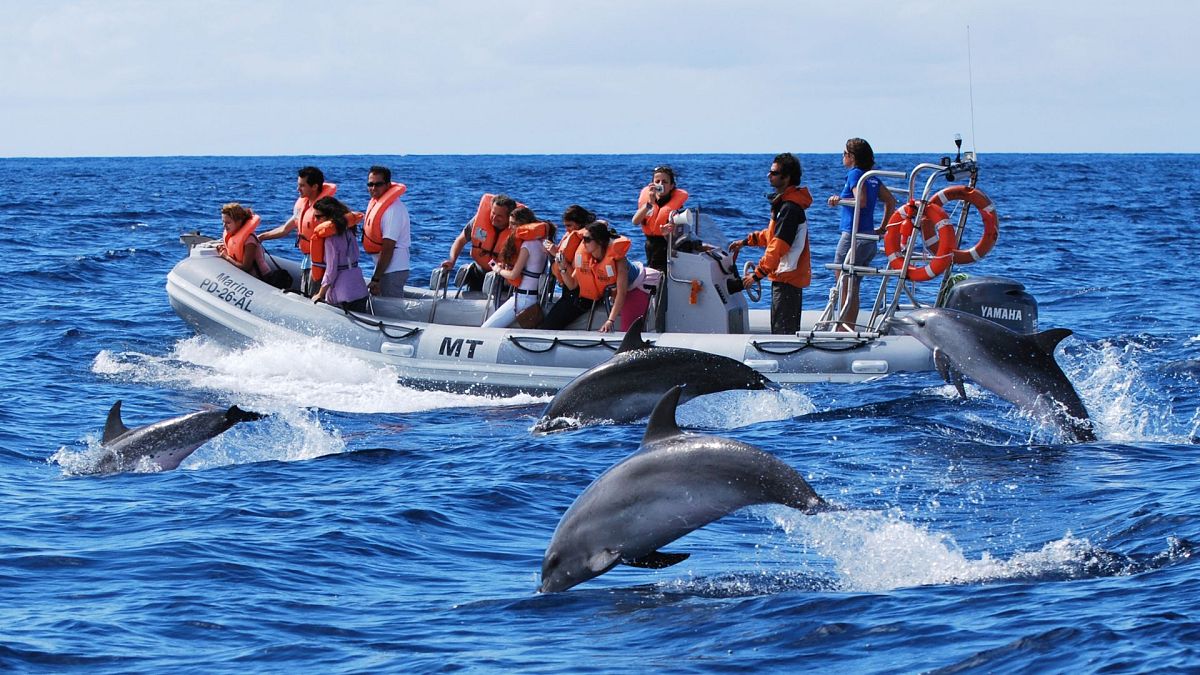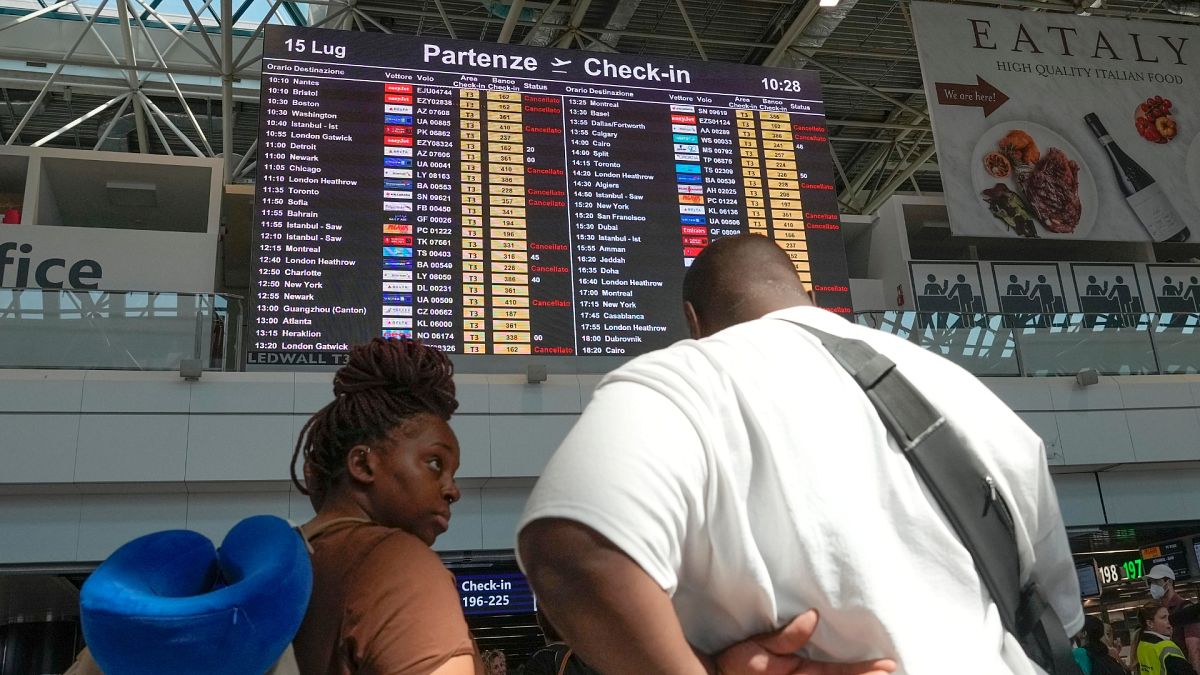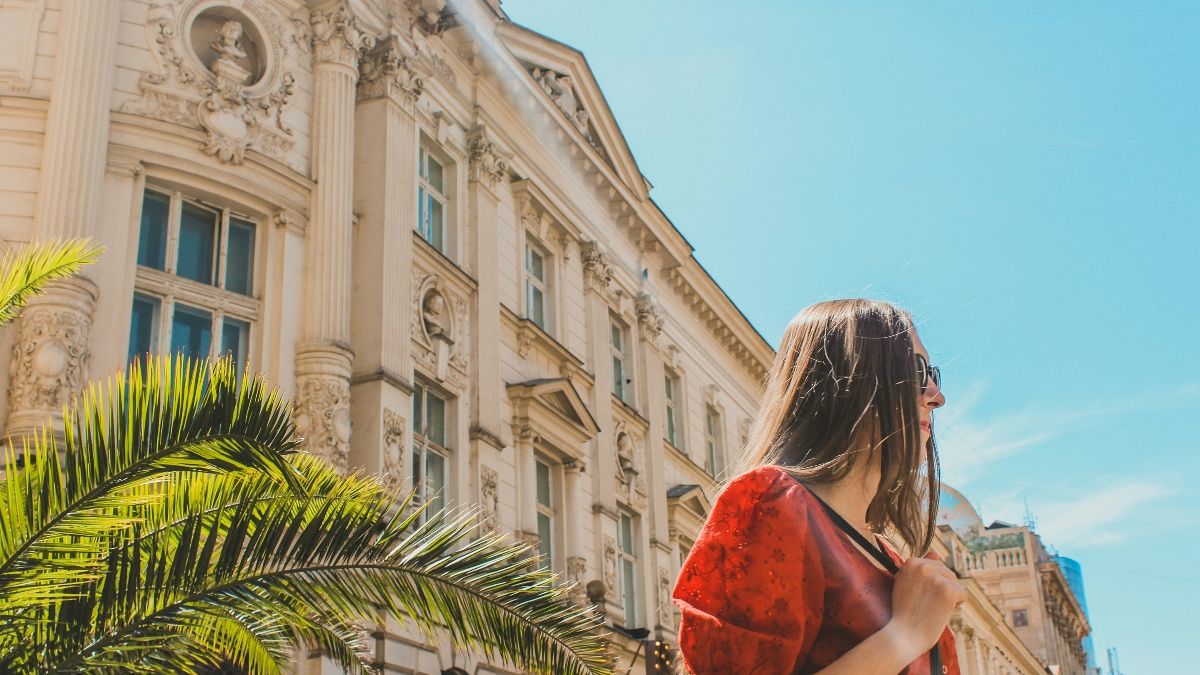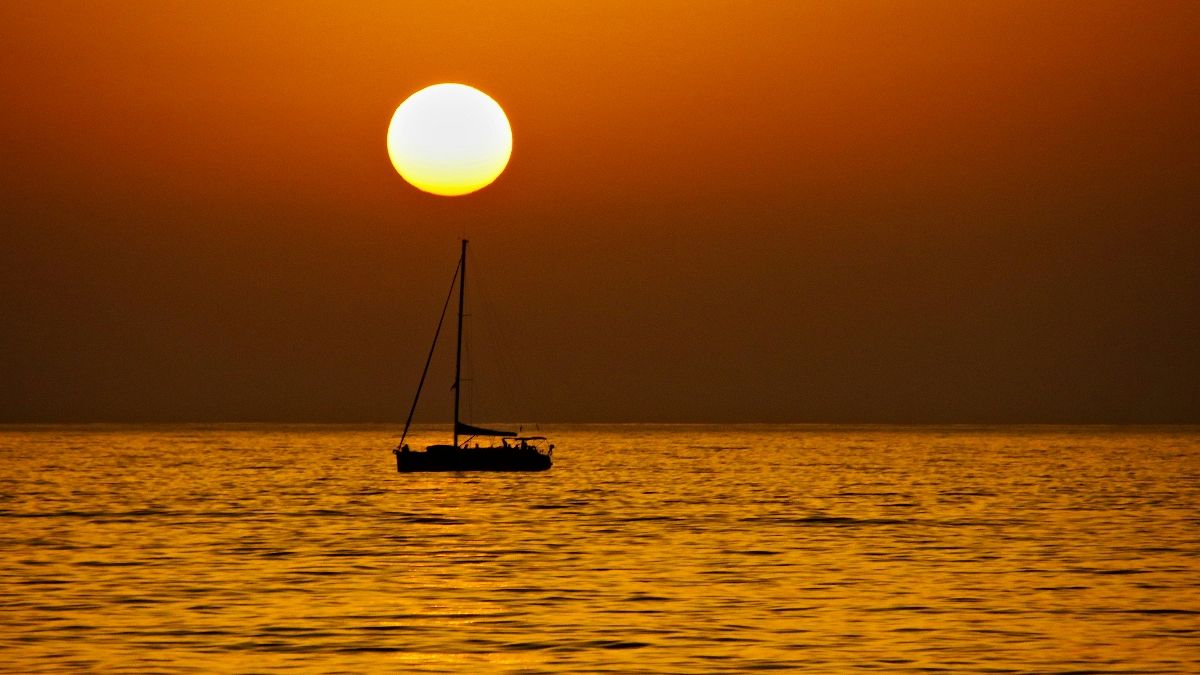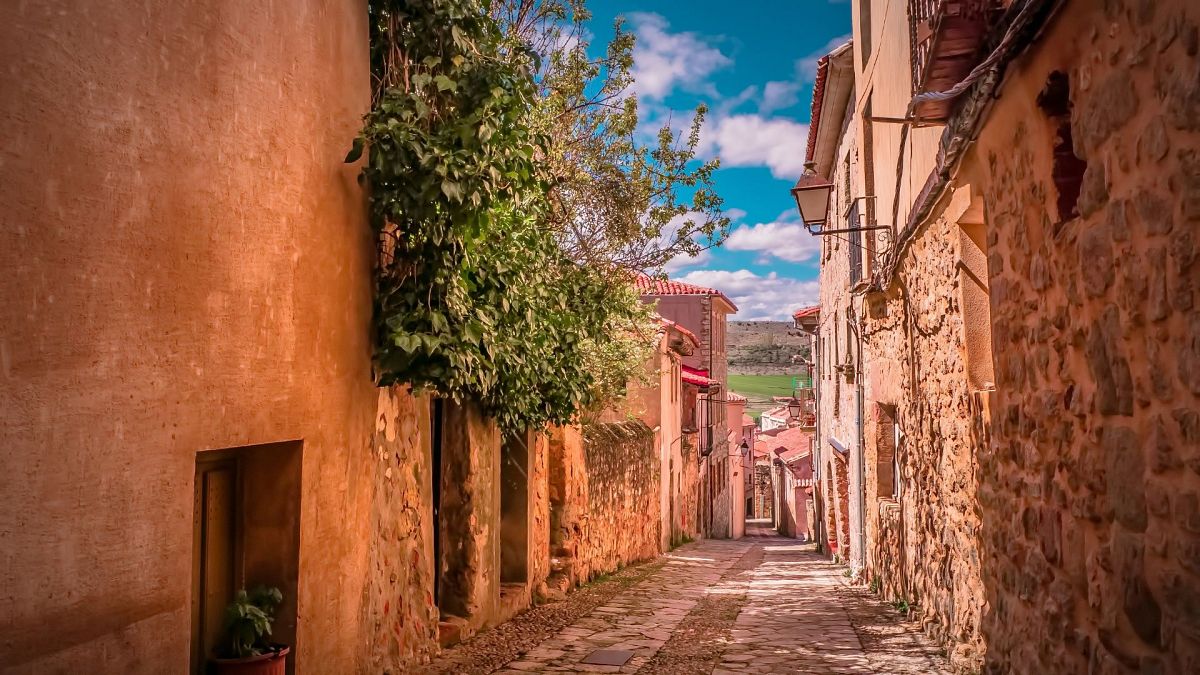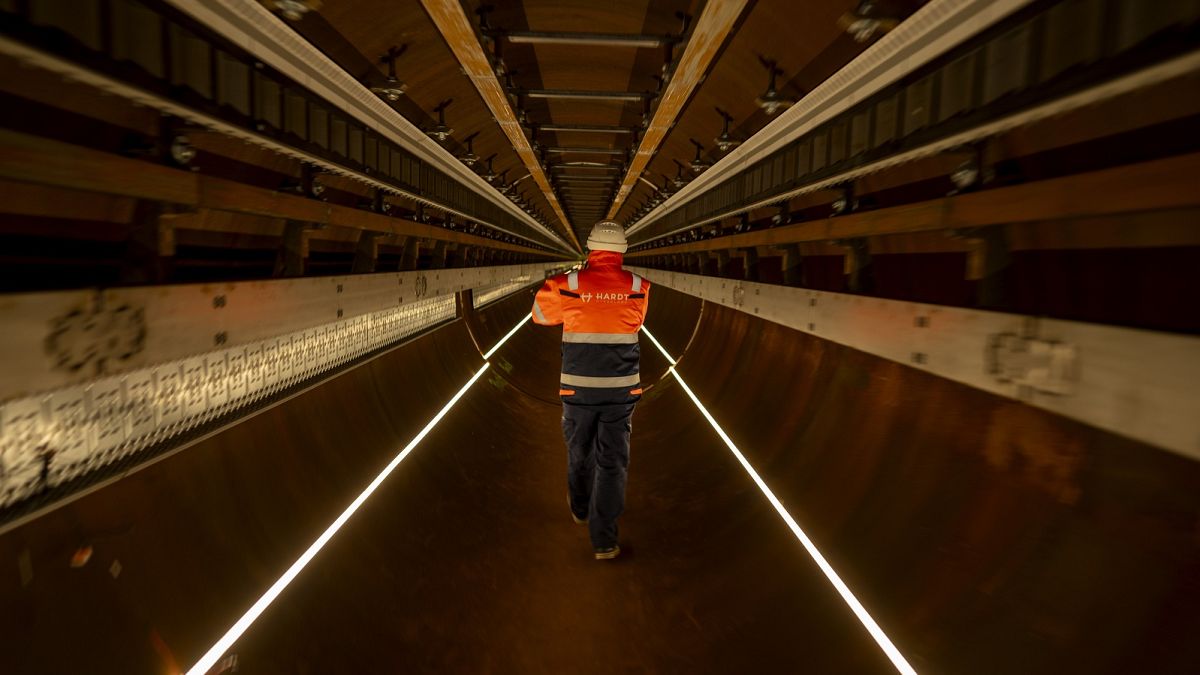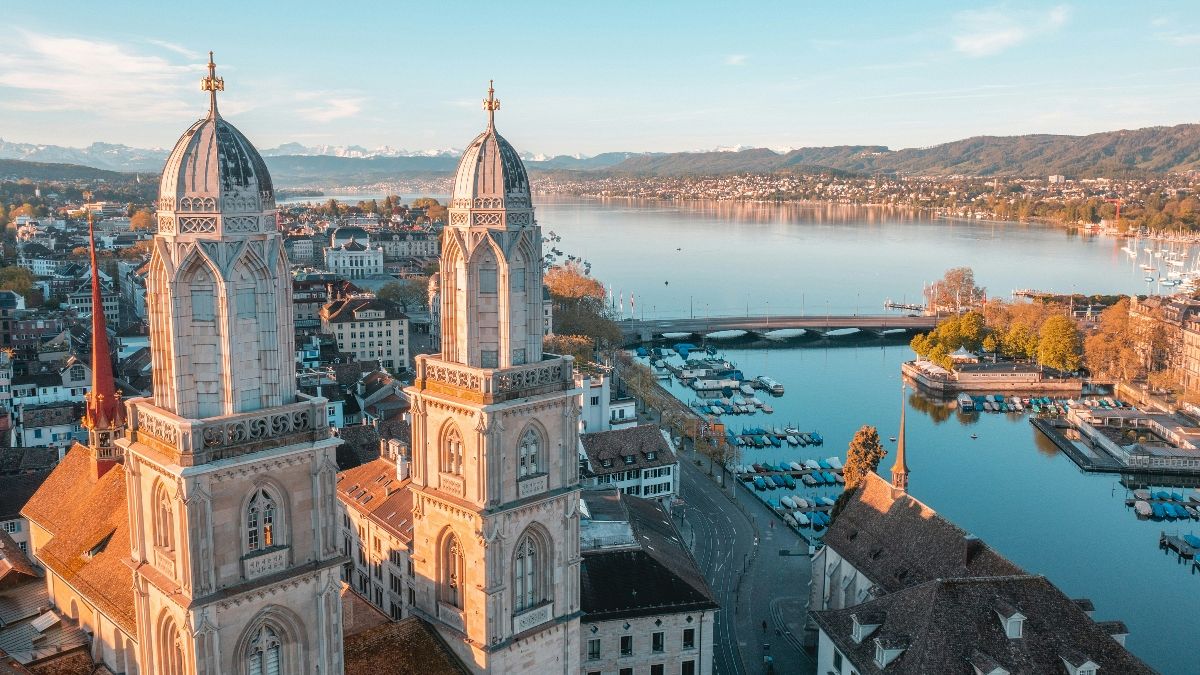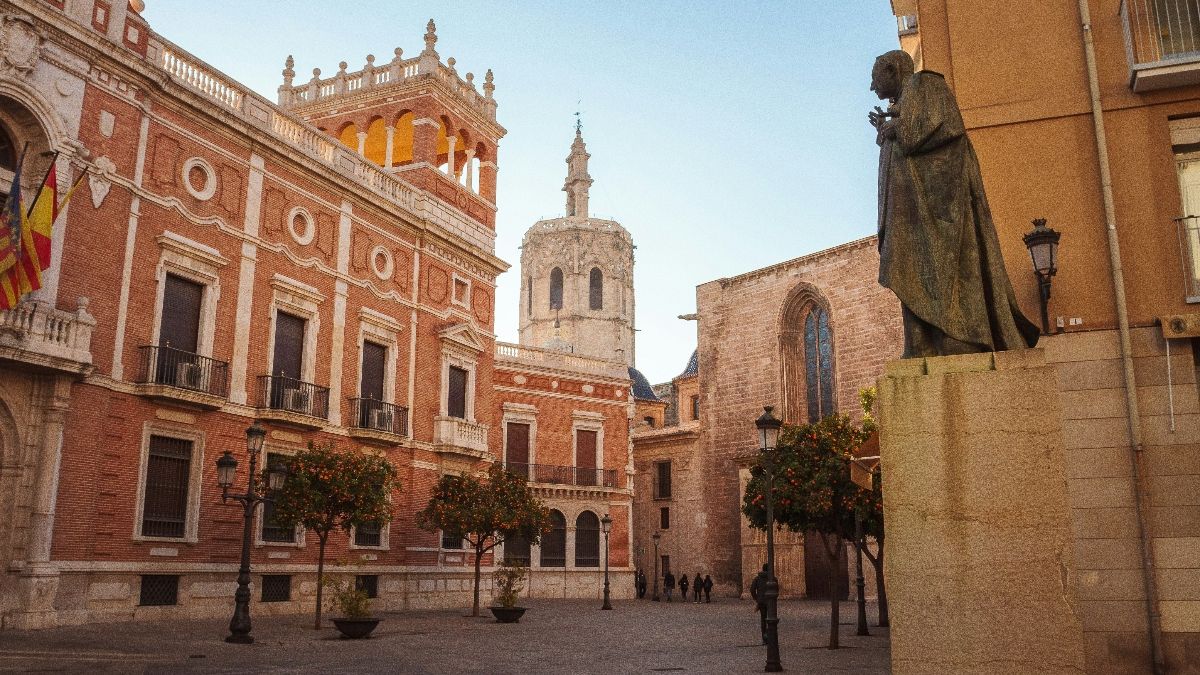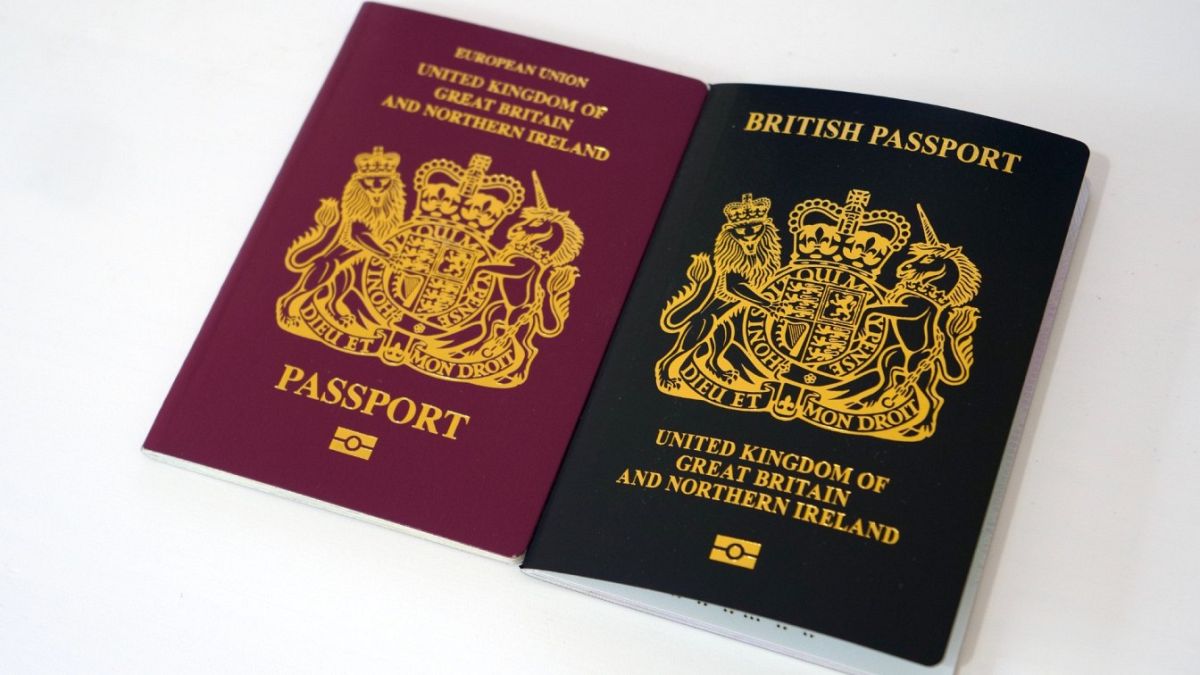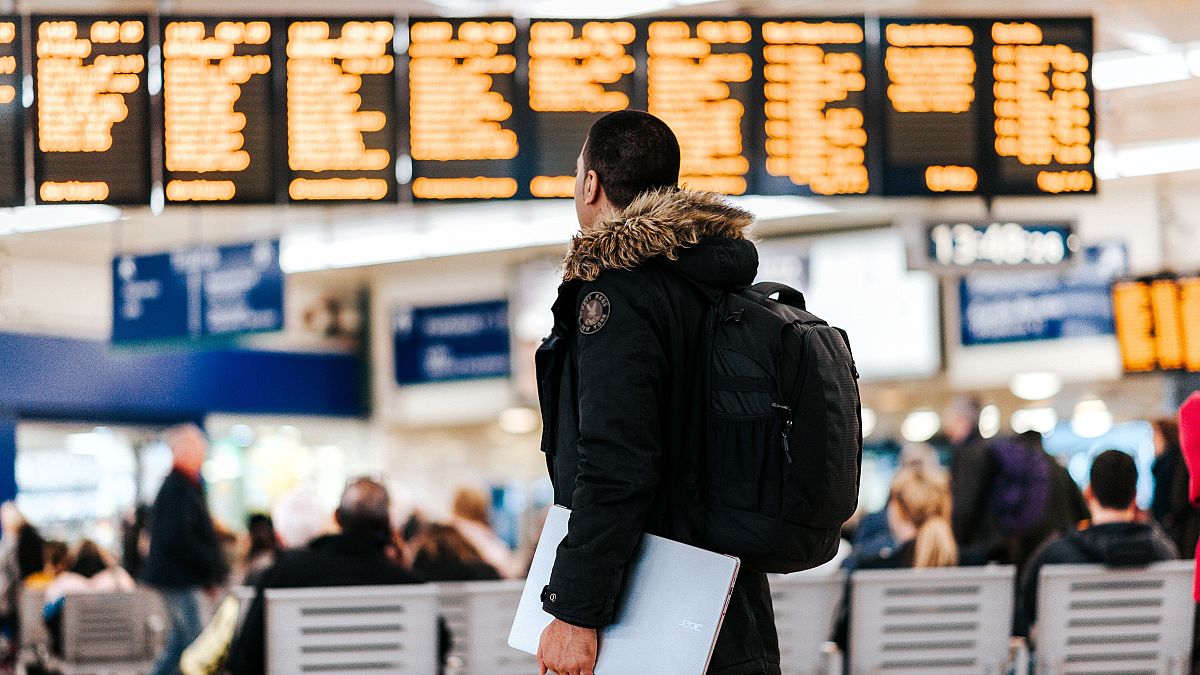Venice cruise ships: Not everyone supports the ban, here’s why
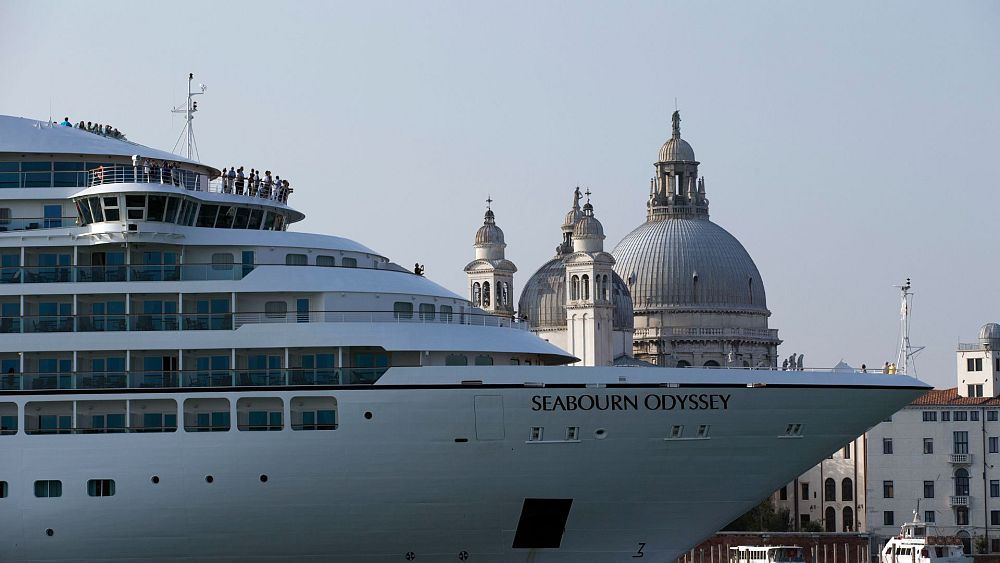
In 2021, large ships were barred from entering Venice – but the ban is yet to be enforced.
Before the pandemic hit, I remember eating lunch at a canal side restaurant in Venice when a colossal, multi-story cruise ship sailed past.
The vessel towered over the fragile mediaeval palaces and leaning bell towers. I wondered what might happen if it ran off-course.
In June 2019, a giant 13-deck cruise ship did exactly that. It crashed into a wharf in Venice, injuring five people.
he incident, captured in an alarming video, was dramatic enough to prompt the city mayor Luigi Brugnaro to ban big ships from passing through the centre of Venice.
For anti-cruise ship activists like me, though, it was just another example of the negative effect of mammoth vessels to add to a long list.
Two years later, in 2021, ships weighing over 25,000 tonnes were barred from entering the lagoon down the Giudecca canal. This canal passes directly in front of St Mark’s Square and leads to the Marittima port on the western edge of Venice’s historic centre.
Though this may have seemed like a victory for residents who oppose big ships, the reality is proving more complicated.
Why has Venice banned cruise ships?
Large cruise ships have long imperilled Venice’s fragile natural and built environment.
As heavy-weight ships travel through canals in the lagoon, they suck in sediment which has to be regularly dredged from channels. The sediment, which contains precious animal and plant life, is then discarded rather than returned to the lagoon’s ecosystem.
Even when moving slowly, large vessels also displace vast quantities of water.
“The movement of such a massive amount of water erodes the hundreds and even thousands of years old foundations of the palaces and the streets of Venice,” explains Valeria Duflot, co-founder of social enterprise Venezia Autentica.
Cruise ship pollution is another issue. While there are strict regulations on sulphur levels of road vehicles, ships are exempt. Their fuel can contain up to 3,500 times as much sulphur as cars and trucks.
This affects “not only the natural environment and the health of living beings but also severely corrodes the works of art and the palaces of Venice,” says Duflot.
Oversized vessels have also become a metonym for overtourism as they pour thousands of travellers all at once into Venice’s narrow alleys. In summer, I avoid touristy areas like St Mark’s Square completely as you can get stuck behind crowds of cruise passengers trying to cram in the sights in one day.
As passengers tend to eat and sleep on the ship, they contribute relatively little to the historic city’s economy while weighing heavily on its infrastructure and resources.
Along with daytrippers, cruise passengers have been dubbed ‘hit and run’ tourists. “It’s not the type of tourism we want for the city,” tourism councillor Simone Venturini said after the cruise ship ban was announced.
‘Hit and run’ tourists represent around 73 per cent of visitors to Venice, but they only contribute to 18 per cent of the tourism economy (those who stay at least one night in a hotel are responsible for nearly 50 per cent).
Not all Venetians support the cruise ship ban
The evidence of environmental damage may be overwhelming, but giant cruise ships aren’t vilified by all of Venice’s residents.
Following the ban in 2021, a counter-protest was held by Si Grandi Navi, a group representing the thousands of people whose livelihoods depend on the cruise industry.
Prior to the pandemic, the sector employed 4,200 people in the area, according to the Port Authority. The cruise industry also brought revenues of €280 million (although most of this income did not benefit businesses in the historic centre).
After Venice’s economy was badly bruised by the pandemic travel bans, some Venetians were keen to welcome back the liners.
Interviewed just after the ban was announced, Filippo Olivetti, managing director of the Bassani port services agency in the city, said Venice wouldn’t survive without cruise ships, adding that it made its fortune thanks to port activities.
“4,000 workers have lost their jobs and are waiting for support that may not arrive,” Alessandro Santi, president of national shipping lobby Federagenti, said in a statement.
Why are there still cruise ships in Venice?
Despite the cruise ship ban existing in legislation, the reality of the situation is not so simple. Only months after being barred, a 92,000 tonne ship MSC Orchestra docked in the historic city’s port.
The reason? The city authorities are yet to build a suitable cruise ship hub outside the lagoon.
The port at the industrial zone of Marghera was proposed as a temporary solution, but it lacks the infrastructure to be a permanent passenger terminal.
What’s more, Marghera is still within the lagoon so the cruise liners redirected here continue to be a disaster ecologically for Venice.
At the end of last year, an agreement was signed that could allow cruise ships to homeport at Fusina on the mainland side of the lagoon. Upmarket cruise line Azamara, for example, will dock here this year as well as in the nearby city of Chioggia.
Two years on from the ban, there is still no definitive plan for a new Venice port. Many cruise companies have therefore abandoned the lagoon altogether and now dock in Ravenna.
The coastal city is around two hours by car from Venice and the transfer time has frustrated passengers who were sold an itinerary including the canal city.
In addition, the Italian government had to pay €22.5 million in compensation to the Venice terminal operator and related companies in 2022 because of the ban.
“With Venice, the iconic and most important home port in the Mediterranean disappears,” Santi added in his statement.
Source: Euro News


